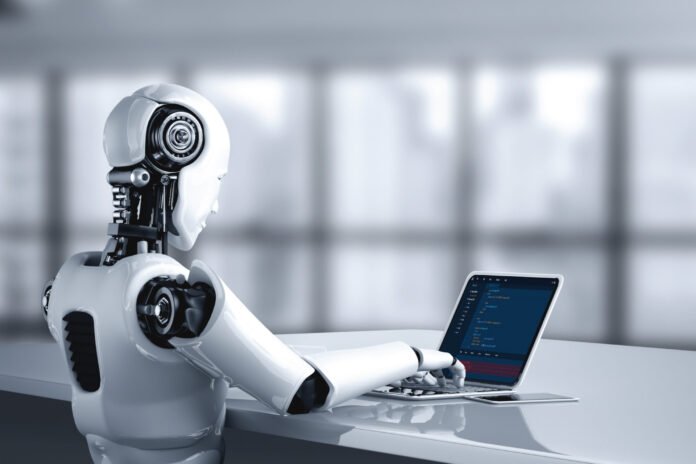With AI’s rapid advancement, especially tools like OpenAI’s upcoming A-SWE (Agentic Software Engineer), the tech industry is asking a big question: Will AI eventually replace software developers? The opinions range from cautious concern to confident optimism.
At a recent conference, OpenAI’s CFO Sarah Friar introduced A-SWE as more than just a tool she described it as an autonomous agent capable of building complete applications. It doesn’t stop at writing code: it handles quality assurance, bug testing, debugging, and even documentation tasks many developers typically avoid. According to Friar, A-SWE could significantly amplify the productivity of existing software teams.
This raises natural concerns about job security. Some, like tech strategist Andy Thurai, believe software professionals should be worried. “The best will survive; the rest may be replaced,” he said. He highlighted how one developer using AI might finish a project in a day, while another might take weeks an efficiency gap with real consequences.
Others believe the shift will be more about evolving roles than mass layoffs. Lori Schafer, CEO of Digital Wave, sees software developers transitioning into roles where they guide and refine AI-generated code, rather than writing every line themselves. The software teams of the future may be smaller, more strategic, and focused on directing AI output.
That said, industry leaders caution against assuming AI can fully replace human engineers. Neil Sahota, CEO at ACSILabs and advisor to the United Nations, emphasized that AI can replicate code patterns but lacks contextual understanding. It doesn’t grasp the business goals or complex nuances essential in real-world systems.
Cassie Kozyrkov, a former Google chief decision scientist, echoed the sentiment. She noted that human engineers will still be needed in high-stakes fields like healthcare, finance, and security sectors where software must meet tight regulatory, ethical, and performance standards. According to her, “AI may write the code, but humans will remain accountable for it.”
ReflexAI’s co-founder John Callery-Coyne pointed out that software engineering is highly collaborative. Engineers regularly work with designers, product managers, and researchers input and feedback that AI alone can’t navigate. Building great software is about more than syntax; it requires dialogue, creativity, and deep understanding of user needs.
Even where AI boosts productivity, there are trade-offs. Thurai noted that AI-generated code is useful during crises when developers need to roll out fixes fast. But if those quick fixes become permanent without proper review, it creates long-term problems adding to technical debt and system fragility.
Ultimately, AI is reshaping how software gets made not replacing people entirely, but transforming their responsibilities. Future engineers may spend more time reviewing AI’s output than writing code themselves. But that shift comes with its own challenges.
As Kozyrkov warned, there’s a risk of turning coders into caretakers of AI rather than creators of software. “It’s more fun to build than babysit,” she said. Whether the shift becomes a win or a burden depends on how the industry chooses to adapt.
For more tech updates, visit DC Brief.


